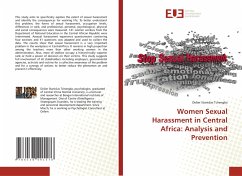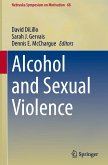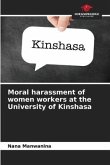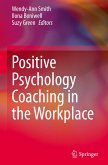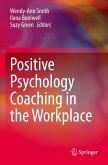This study aims to specifically explore the extent of sexual harassment and identify the consequences for working life. To better understand this problem, the forms of sexual harassment, occupation levels, differences in rank, and professional, personal, psychological, physical and social consequences were measured. 141 women workers from the Department of National Education in the Central African Republic were interviewed. Asexual harassment experience questionnaire containing four sections and 41 questions was adapted and used to collect the data. The results show that sexual harassment is a very important problem in the workplace in CentralAfrica. It remains in high proportion among the teachers more than other working women in the administration. Also, most of stalkers occupy a hierarchically superior rank or hold a power of decision on their victims. This study suggests full involvement of all stakeholders including employers, governmental agencies, activists and victims fora collective awareness of the problem and for a synergy of actions to better reduce the phenomen on and prevent it effectively.

